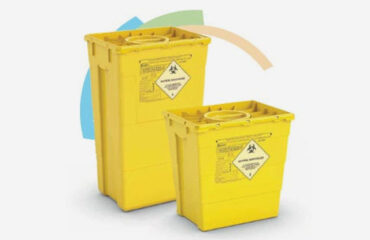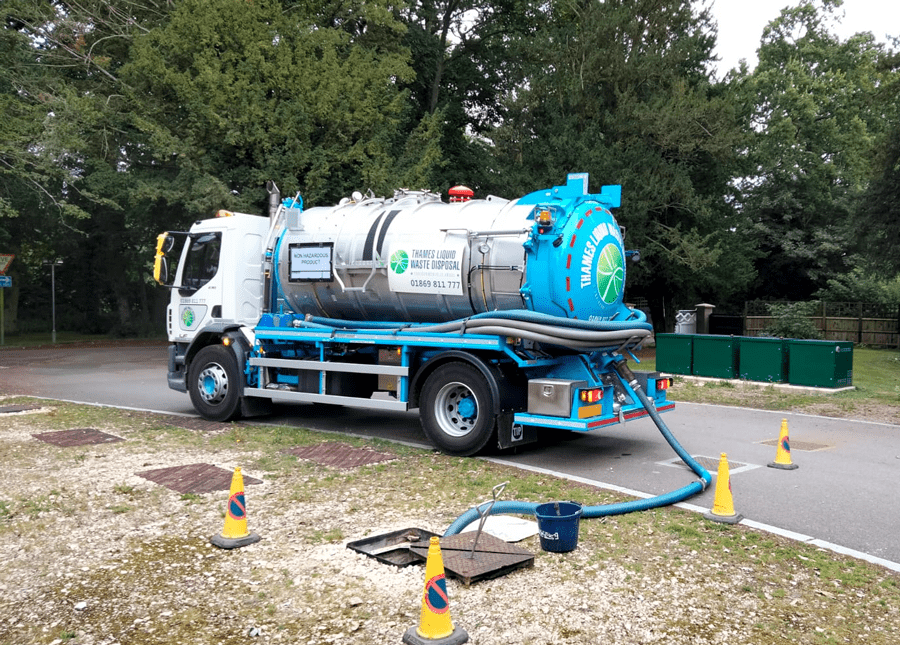Getting My Reclaim Waste To Work
Getting My Reclaim Waste To Work
Blog Article
Little Known Facts About Reclaim Waste.
Table of ContentsThe Basic Principles Of Reclaim Waste How Reclaim Waste can Save You Time, Stress, and Money.Our Reclaim Waste DiariesReclaim Waste Fundamentals ExplainedThe Basic Principles Of Reclaim Waste
Discover the kinds, incidents, and kinds of liquid waste. Domestic sewage waste describes the waste and items from a property septic storage tank. This sort of waste is developed by human beings in residences, institutions, and other structures. This only includes septic tanks that have a drainpipe area. The appropriate administration and disposal of residential sewer waste need fluid waste to be moved to a sewage treatment plant where the correct methods and tools are used to detoxify and get rid of waste.
Commercial waste often consists of potential dangers, such as combustible materials or a combination of fluid and solid waste products, and needs an advanced and comprehensive disposal procedure. The disposal of business waste typically includes the purification of waste before transport to make certain risk-free and appropriate disposal. Industrial waste is created from byproducts and overflow of industrial processes and manufacturing.
This kind of waste can not make use of the very same sewer management transportation or procedures as septic or industrial fluids. The hazardous waste administration process needs the evaluation and screening of fluid waste prior to it undergoes the disposal procedure (industrial wastewater treatment). Overflow waste is the fluid waste that originates from runoff and excess stormwater in very populated areas or cities
Runoff waste can cause contamination and flooding if not dealt with effectively. Making sure proper waste management can stop calamities and lower ecological harm.
5 Easy Facts About Reclaim Waste Shown
Contact PROS Providers today to learn more about our waste administration and disposal solutions and the appropriate methods to look after the liquid waste you produce.
(https://www.edocr.com/v/pd6avrzq/leonaube33101/reclaim-waste)This so-called 'wastewater' is not only a crucial resource however, after treatment, will be released to our land, waterways or the ocean. Made use of water from commodes, showers, bathrooms, kitchen area sinks, washings and commercial processes is known as wastewater.

water made use of to cool machinery or clean plant and equipment). Stormwater, a form of wastewater, is runoff that streams from farming and urban areas such as roofing systems, parks, gardens, roads, paths and gutters right into stormwater drains, after rain. Stormwater flows neglected straight to local creeks or rivers, at some point reaching the sea.
Some Known Facts About Reclaim Waste.
In Queensland, most wastewater is dealt with at sewage therapy plants. Wastewater is delivered from domestic or commercial websites through a system of sewers and pump stations, known as sewerage reticulation, to a sewage therapy plant.
The Department of Natural Resources recommends neighborhood governments regarding managing, operating and keeping sewerage systems and therapy plants. In unsewered areas, city governments may call for owners to set up specific or household sewer treatment systems to deal with domestic wastewater from bathrooms, kitchens, restrooms and washings. The Division of Natural Resources authorizes making use of home systems when they are proven to be effective.
A lot of stormwater receives no treatment. In some brand-new class, therapy of some stormwater to eliminate litter, sand and crushed rock has started utilizing gross contaminant traps. Wastewater treatment occurs in four stages: Eliminates solid issue. Larger solids, such as plastics and other things mistakenly released to sewage systems, are gotten rid of when wastewater is travelled through screens.
Utilizes little living organisms recognizes as micro-organisms to break down and eliminate staying dissolved wastes and great fragments. Micro-organisms and wastes are integrated in the sludge.
8 Easy Facts About Reclaim Waste Shown
Nutrient elimination is not offered at all sewer treatment plants since it calls for pricey specialised devices. Clear fluid effluent created after treatment might still consist of disease-causing micro-organisms - liquid waste disposal melbourne.

Most wastewater streams into the sewage system. Under the Act, local federal governments provide authorizations and licences for ecologically pertinent activities (Ages) involving wastewater releases that could have a neighborhood effect.
More About Reclaim Waste
Or else, samples are considered laboratory evaluation. Commonly numerous examinations are required to establish the degrees of each of the different toxins such as oils, hefty metals and pesticides in water. Tracking gives accurate information concerning water top quality and can verify that permit problems are being fulfilled. The info acquired via tracking provides the basis more info here for making water quality decisions.
Report this page